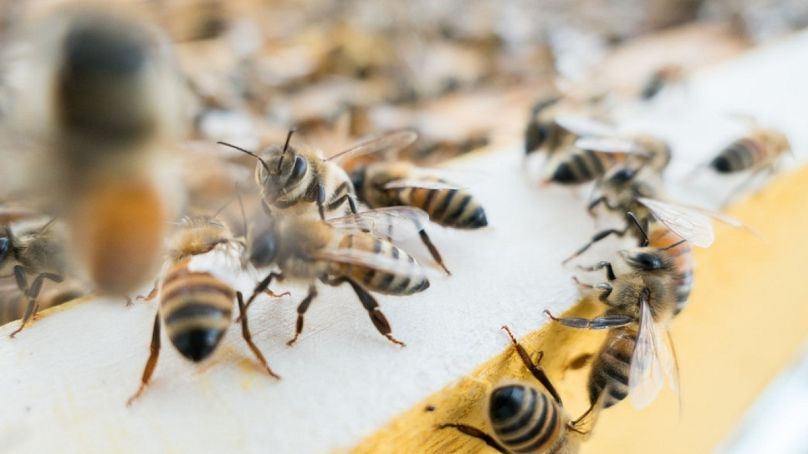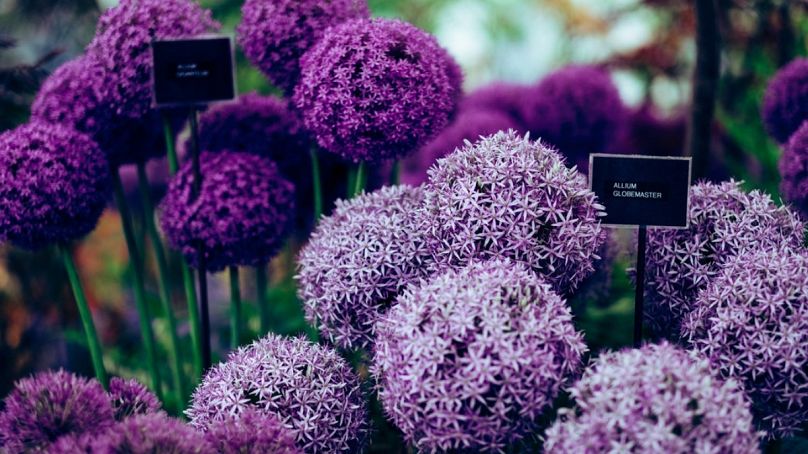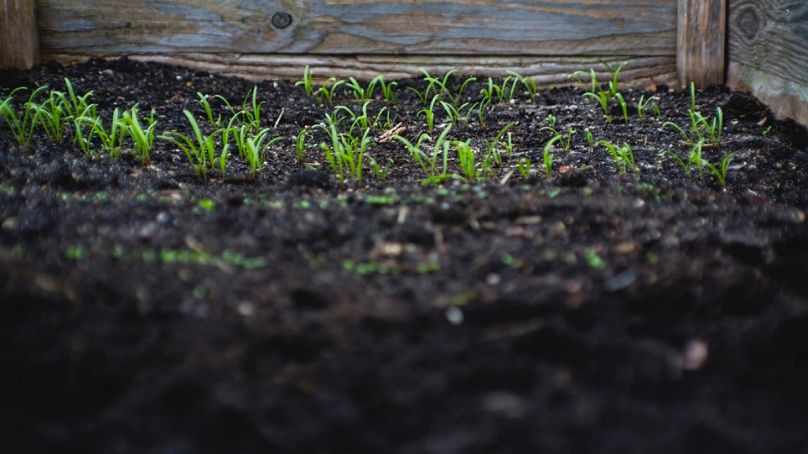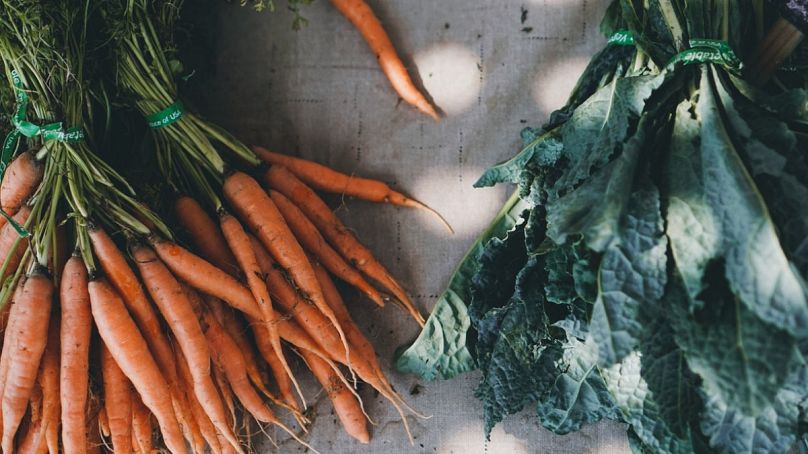A few simple steps to transform your garden into a sustainable sanctuary.
We all enjoy going out into nature and seeing a hub of natural activity, but with a few simple steps you could transform your garden into a sustainable sanctuary that’s swarming with wildlife.
#bringthebeesback with Beebombs
How do we individually bring the bees back without investing in a bee suits and assembling a hive? Beebombs are answering the bees’ prayers. Having lost 97% of natural bee and butterfly habitat since World War II, we are required more than ever to provide our sacred bees with meadows of wildflowers to give them a helping hand with pollinating our crops. Native wildflower Beebombs have made people with all levels of gardening expertise buzzing with excitement as these seedballs need to be simply scattered to grow a thriving bee-friendly environment.
Beebombs comprise of 18 different types of British wildflower seeds and are coated in a layer of clay and soil; they will flourish best when put on clear ground and the elements will help them blossom naturally. By allowing our gardens to bloom a little more wildly, we are not only giving the bees a banquet of nectar but encouraging a vital boost in biodiversity.
How to help repel bugs naturally without pesticides: use plants to protect plants
Here is a list of plants which help fend off unwanted pests in the garden:
- Lavender: the smell helps to repel flies and mosquitoes and simultaneously attracts bees as they are drawn to blues and purples.
- Lemongrass: citronella is the natural oil found in lemongrass, not just candles and it repels bugs.
- Rosemary: is delicious and helps keep insects off your vegetable plants.
- Plants from the Allium family: vibrantly coloured, they act as brilliant insecticides for your vegetable gardens.
- Petunias: they come in a variety of vibrant colours and naturally fend off bugs that may be lingering around your homegrown tomatoes, peppers or basil.
- Marigolds: this plant will help keep your vegetables safe from aphids and mosquitoes, especially your tomato plants. Marigolds will also help maintain the health of plants around them including roses.
Compost your garden waste and kitchen scraps
Rather than buying a bag of compost that will be ultimately wrapped in plastic and will have to travel miles to end up in your garden, the cost free and sustainable way of improving soil health is by using your own vegetable and garden waste. There are many advantages to this way of enhancing the vitality of your soil: one being that your waste will not end up in landfill, another being that you can supply plants with a burst of nutrients and your soil will be able to retain water more efficiently. All-natural organic compost will serve as a powerful alternative to nasty chemical fertilisers and will avoid the problem of not knowing what to do with your garden off cuts.
Grow your own veggies to reduce your carbon footprint
GYO is not only eco-friendly, but wildly satisfying when you bite into a homegrown carrot that you’ve nurtured and loved. Here’s a list of the vegetable seeds to sow this month:
Carrots: sow your carrot seeds now in well prepared soil to reap the rewards in three to four months time.
Courgettes: these vegetables will be ready for you to harvest in Autumn/Winter and like to spread out as they grow.
Beetroot: a vegetable that feasts on fertiliser and so will thrive when surrounded by homemade organic compost.
Leeks: prepare for your warming winter soup now by sowing leek seeds in a separate container before transferring them to their final position in the garden.
Lettuce: start to sow lettuce seeds to prepare for home grown salads in late Summer/Autumn. These leaves might need protection from the cold if the frost arrive.
Onions: You may become tearful at the results when you harvest your onions in mid Summer! Be sure to buy onion sets rather than seeds as this will make growing them easier.
Encourage eco-systems to thrive
You can make a true eco-garden by inviting different species into your garden space by providing them with morsels of food and a water point. Birds need our help finding food and will adore bits of grated cheese, cooked potatoes and sunflower seeds. Having a butt or a pond will boost wildlife in your garden as it will provide animals with necessary water and will give certain species a home.
Words: Lucy Wagstaffe















